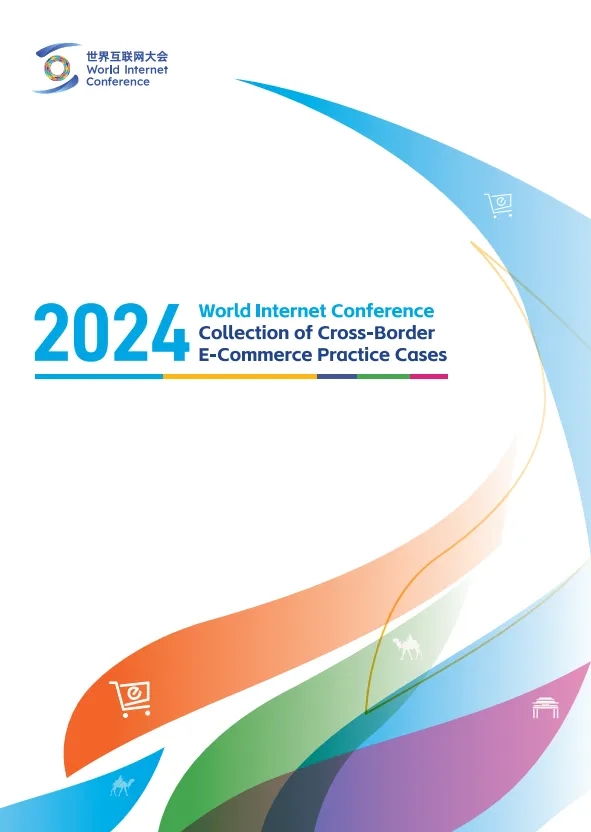
- Home
- Media Center
-
Events
- Wuzhen Summit
- Regional Forums
- Practice Cases of Jointly Building a Community with a Shared Future in Cyberspace
- World Internet Conference Awards for Pioneering Science and Technology
- The Light of Internet Expo
- Straight to Wuzhen Competition
- Global Youth Leadership Program
- WIC Distinguished Contribution Award
- Membership
- Research & Cooperation
- Digital Academy
-
Reports
- Collection of cases on Jointly Building a Community with a Shared Future in Cyberspace
- Collection of Shortlisted Achievements of World Internet Conference Awards for Pioneering Science and Technology
- Reports on Artificial Intelligence
- Reports on Cross — Border Ecommerce
- Reports on Data
- Outcomes of Think Tank Cooperation Program
- Series on Sovereignty in Cyberspace Theory and Practice
- Other Achievements
- About WIC
- 中文 | EN

WIC unveils Collection of Cross-Border E-Commerce Practice Cases
The World Internet Conference (WIC) Collection of Cross-Border E-Commerce Practice Cases (2024) was officially released in Xi’an, Northwest China’s Shaanxi province, during the World Internet Conference Digital Silk Road Development Forum on April 16.

Cross-border e-commerce has become a new engine driving global economic growth, with huge development potential, said an official of the WIC.
Last year, the WIC established the Working Group on Cross-Border E-commerce, and has since released the Report on Developments of International Normative Systems on Cross-Border E-commerce as a predecessor.
In order to implement the report to promote the best practices of cross-border e-commerce, the WIC launched an open call for case submission in January this year.
Through on-site surveys, targeted invitations and online notifications, the WIC has solicited cases from various regions, fields and links of industry chains. After discussion and deliberation, a total of 63 cases were selected to form the WIC Collection of Cross-Border E-Commerce Practice Cases (2024).
The submitted cases range from government agencies, cross-border e-commerce comprehensive service platforms, trading platforms, logistics companies, financial institutions, dispute resolution agencies, and organizations that provide supporting services.
They were sorted into nine categories, namely government coordination, integrated services, trading platform, brand incubation, logistics aggregation, financial empowerment, technological support, industrial support and digital empowerment.
The document requires further steps to promote the development of cross-border e-commerce business that will include: summarizing innovative experience and models, carrying out case release and presentation, promoting international exchange and dissemination, organizing capacity building and training programs, and launching courses.

The World Internet Conference (WIC) was established as an international organization on July 12, 2022, headquartered in Beijing, China. It was jointly initiated by Global System for Mobile Communication Association (GSMA), National Computer Network Emergency Response Technical Team/Coordination Center of China (CNCERT), China Internet Network Information Center (CNNIC), Alibaba Group, Tencent, and Zhijiang Lab.





